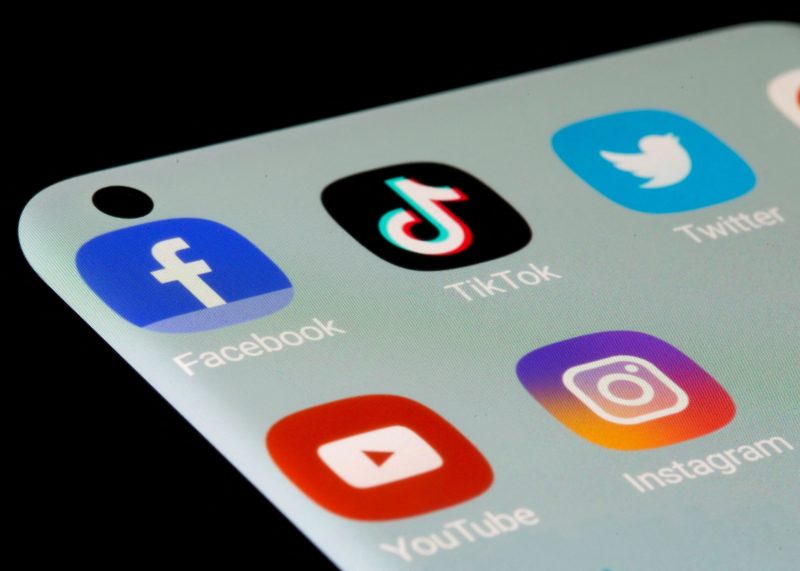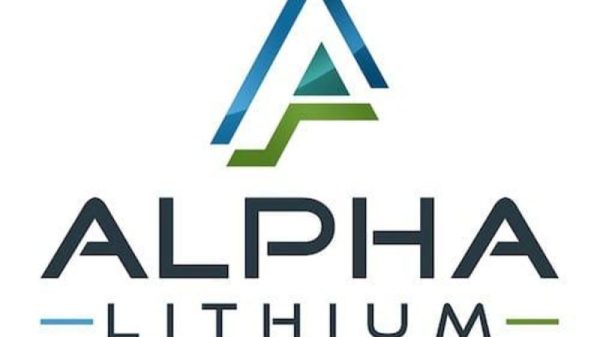There’s theoretical poetry to the whole thing, a federal judge ruling on Independence Day that the government had engaged in an “Orwellian” suppression of speech. One envisions fictional President Bill Pullman using the moment to reassert the government’s commitment to the foundational freedom embodied in the First Amendment.
But only in theory. The reality of the injunction — the immediate effect of which is to curtail government interactions with social media companies, among other things — is that a right-wing argument about “censorship” on platforms like Facebook and Twitter found a remarkably credulous ally. Little encompasses that reality better than the fact that U.S. District Court Judge Terry A. Doughty used inaccurate information in his argument that the government shouldn’t actively seek to limit the spread of inaccurate information.
In broad strokes, Doughty’s reasoning is that the government relentlessly pressured Facebook and Twitter to tamp down what the government insisted was false information, an effort that spread throughout the administration. (That the focus is explicitly only the Biden administration is telling in its own right.) While the First Amendment stipulates only that no law limiting speech can be introduced, Doughty points to other precedents, suggesting that broad efforts to suppress speech also can trigger First Amendment concerns.
His articulation of the ways the White House engaged in this sort of behavior includes a list of 22 occasions on which staffers pressured the companies. Most of the examples appear to be complaints from former White House staffer Rob Flaherty about the speed at which the removal of false information was taking place. But there’s also the 22nd example, one of the few in which there is an actual purported threat issued by the White House.
Doughty points to “White House Communications Director Kate Bedingfield’s announcement that ‘the White House is assessing whether social-media platforms are legally liable for misinformation spread on their platforms, and examining how misinformation fits into the liability protection process by Section 230 of The Communication Decency Act.’” This is mentioned earlier in the ruling, referencing a “July 20, 2021 … White House Press Conference” in which Bedingfield “stated that the White House would be announcing whether social-media platforms are legally liable for misinformation spread on their platforms.”
There does not appear to have been any such news conference. There are reports of Bedingfield’s saying that social media companies “should be held accountable” if they share misinformation — but that was during an interview on MSNBC’s “Morning Joe.” Bedingfield was asked whether there might be a review of the companies’ protections under Section 230 of the Communications Decency Act, and she said the White House was “reviewing that.”
This is an important distinction! Doughty’s presentation suggests that the White House was proactively considering retribution for social media activity — one of the only such instances in his ruling. The quote included in the list of 22 times the White House applied pressure seems to be invented out of whole cloth.
In the abstract, this is a shocking mistake. In the context of the ruling overall, though, it makes sense.
After all, this is a document that takes seriously the complaints of defendant Jim Hoft of the conspiracy website Gateway Pundit. Like all Americans, Hoft has the right to say what he wants. But he and his website offer numerous examples of careless, dishonest claims that might be good for engagement but hardly reflect well on platforms that carry them.
The lawsuit notes that Hoft’s Twitter account was permanently banned in February 2021 after it posted “video footage from security cameras in Detroit, Michigan from election night 2020, which showed two delivery vans driving to a building at 3:30 a.m. with boxes, which were alleged to contain election ballots.”
The issue wasn’t that Hoft shared the video. It’s that his site claimed, without evidence and inaccurately, that this was evidence of fraud. It was not.
Another example of Doughty’s willingness to assume the worst comes in his summary of the treatment of Alex Berenson, a writer identified justifiably by the Atlantic in early April 2021 as “the pandemic’s wrongest man.” A few weeks later, during a meeting with Twitter on April 21, White House officials asked why Berenson was still allowed to share false information on the platform.
“Berenson was suspended thereafter,” Doughty writes, “on July 16, 2021, and was permanently de-platformed on August 28, 2021.”
The government’s pressure was so severe that Twitter waited three months before booting Berenson.
The defendants in the case include a wide, wide array of government actors, a galaxy of actors that allows the plaintiffs to accrue a great mountain of examples of “pressure” being applied. It worked on Doughty, with sporadic incidents across months being presented as an unwavering effort across government.
He says as much:
“They flagged posts and provided information on the type of posts they wanted suppressed. They also followed up with directives to the social-media companies to provide them with information as to action the company had taken with regard to the flagged post,” the ruling reads. “This seemingly unrelenting pressure by Defendants had the intended result of suppressing millions of protected free speech postings by American citizens.”
This assumes not only that these anecdotes (which, of course, Doughty writes might only be “a representative sample of more extensive suppressions”) constituted something consistent but also that they constituted coercion. He rejects the idea that social media companies, spooked by the backlash after their platforms were used for rampant abuse and misinformation during the 2016 presidential election might sincerely want to protect their reputations by uprooting false claims. Or that they might sincerely desire not to be vectors for false claims about a disease that was killing thousands of people a day.
There is no question that government suppression of speech that conflicts with its preferred line of argument is dangerous. But while Doughty writes “the present case” — really a number of cases conflated into one — “arguably involves the most massive attack against free speech in United States’ history,” he admits only in passing that freedom of speech is subject to “well-known exceptions” — exceptions that include incitement and, in certain contexts, the making of false statements. Even with most of the examples presented in the ruling, what’s at issue are instances of the latter.
But, again, that’s centered on actions being taken by the government. In this case, the purported suppression is one step removed, manifested through things like asking that accounts parodying Anthony S. Fauci be removed or by Bedingfield’s being interviewed on “Morning Joe.”
The ruling opens with the famous quote from Evelyn Beatrice Hall: “I may disapprove of what you say, but I would defend to the death your right to say it.”
Except that, as my colleague Aaron Blake pointed out, the quote is instead attributed to Evelyn Beatrice “Hill.” But what’s the harm of a little false information when you’re making a political point?

































